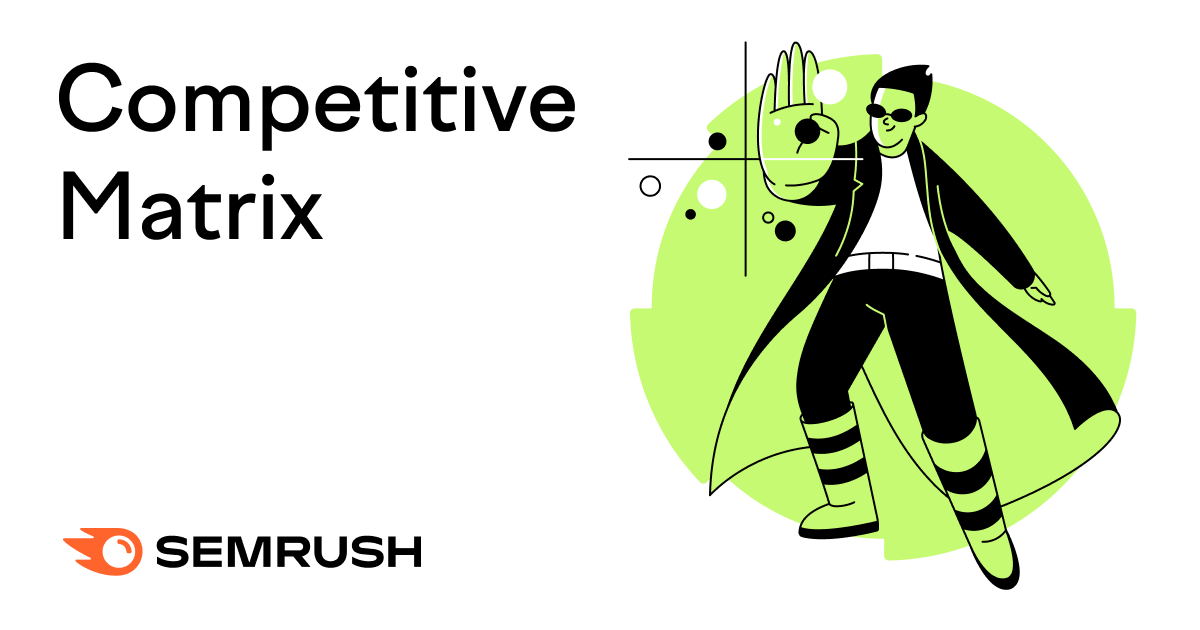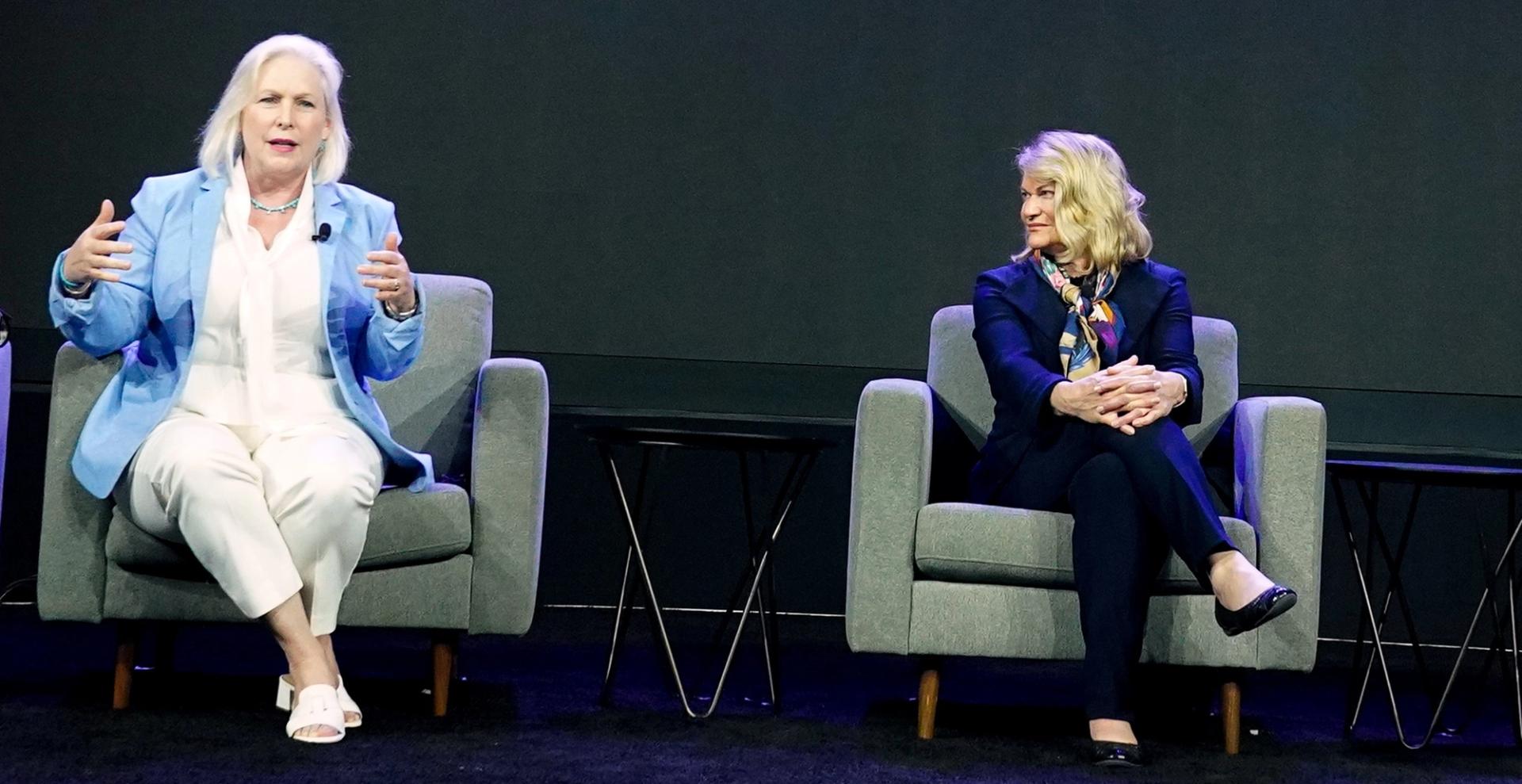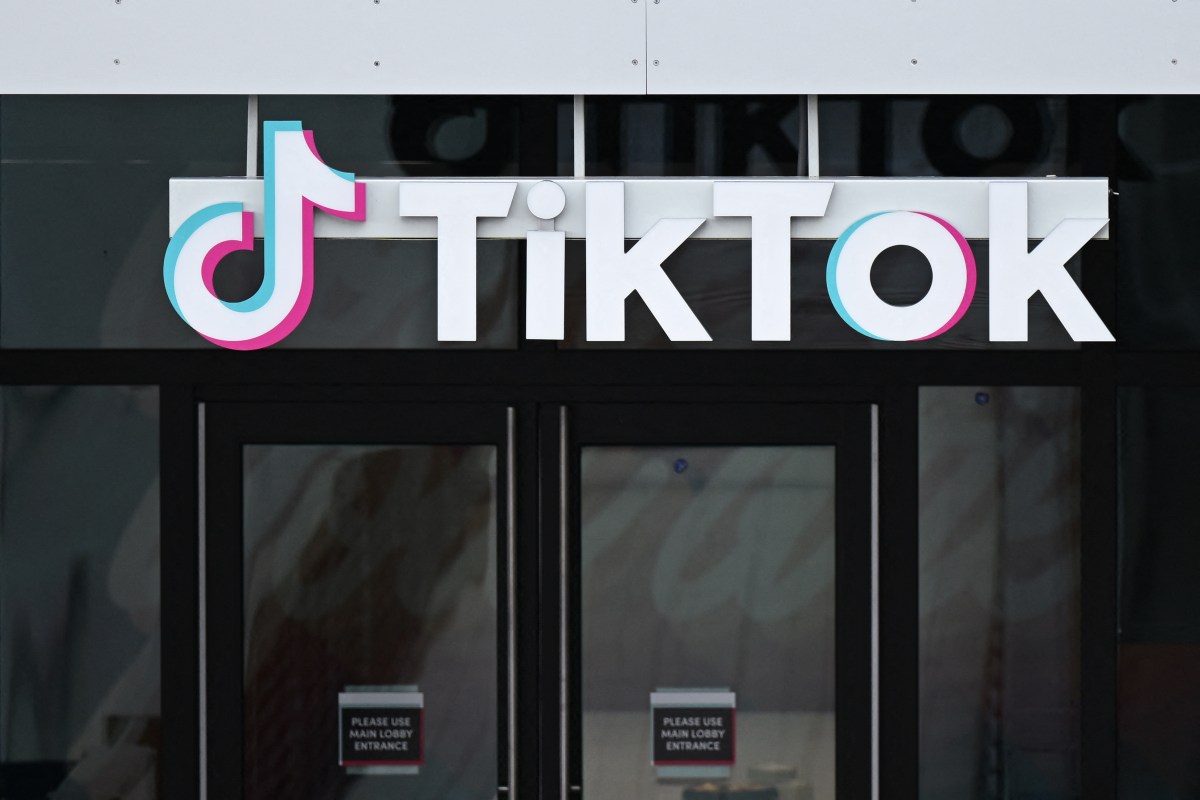Box tightens Microsoft ties with new Copilot integration, builds out its own suite of AI agents
Box is deepening its connection to Microsoft’s productivity platform through a new AI agent that works with Microsoft 365 Copilot, while introducing new AI agents of its own to analyze documents, automate tasks, and dig up insights from enterprise data. The new technologies, announced Thursday morning, build on the Redwood City, Calif., company’s longtime role as a hub for secure file storage and collaboration, while continuing its push into what Box describes as intelligent content management. Microsoft 365 Copilot is Microsoft’s AI assistant for business, integrated with its widely used productivity apps. The new Box AI agent will let users… Read More


Box is deepening its connection to Microsoft’s productivity platform through a new AI agent that works with Microsoft 365 Copilot, while introducing new AI agents of its own to analyze documents, automate tasks, and dig up insights from enterprise data.
The new technologies, announced Thursday morning, build on the Redwood City, Calif., company’s longtime role as a hub for secure file storage and collaboration, while continuing its push into what Box describes as intelligent content management.
Microsoft 365 Copilot is Microsoft’s AI assistant for business, integrated with its widely used productivity apps. The new Box AI agent will let users search, summarize, and act on content stored in Box from inside Microsoft tools such as Teams, Word, and PowerPoint.
Box CEO and co-founder Aaron Levie, who grew up near Microsoft in Mercer Island, Wash., said in an interview that the Copilot integration is part of an effort to make data and content in Box available to AI applications in other environments, in addition to its own platform.
“We want to be the best place for bringing AI to content, but we know there’s lots of other things you’re going to do with AI,” Levie said.
For example, he said, a user might ask Microsoft Copilot a question that pulls information from tools like Outlook or Dynamics. Box wants to ensure content stored on its platform can be part of that answer, alongside other enterprise data.

In addition to the Microsoft 365 Copilot integration, Box is introducing three new AI agents on its platform, expanding on its existing AI capabilities. The agents focus on intelligent search, deep research across large sets of documents, and structured data extraction from unstructured sources like PDFs and scanned images.
Levie has emerged as an outspoken advocate for using AI tools in daily work, writing in a recent LinkedIn post that he now turns to AI for everything from drafting product ideas and customer surveys to researching market trends and analyzing investor materials.
The industry’s move into AI agents aims to take things a step further. The idea is to not only generate content or summarize information, but complete tasks across different systems, like pulling data, connecting tools, and doing other types of work automatically.
Speaking with GeekWire this week, Levie said AI agents have a lot of promise for automating knowledge work, but acknowledged that the technology is still early, and easy to overhype. He described 2025 as largely a year of pilot projects and smaller-scale testing, and said many ideas for agents are not realistic yet in practice.
“If you ask 10 people to describe AI agents,” he said, “you’d probably get 20x the number of use cases than are probably possible today.”
At the same time, he said, some use cases for Box’s new AI agents are already proving valuable, citing two examples.
- Deploying a data extraction agent to dig through contracts and pull out key fields into a structured database.
- Using a deep research agent to analyze large volumes of internal data and generate product recommendations or due diligence reports.
In both cases, Levie said, the agents are enabling initiatives that previously would have been too costly or time-consuming to justify.
While Box and Microsoft compete in some areas, such as cloud storage and collaboration, Levie said they continue to partner across a range of areas.
That pattern plays out across Box’s business and the industry. Box also competes with companies including Google (Drive), OpenText (Documentum), and Dropbox. It also partners and integrates with Google, Salesforce, Zoom, Adobe, and ServiceNow.
Box, founded in 2005, went public in 2015 and has about 2,800 employees. The company reported $1.09 billion in revenue for the fiscal year ended in January, up 5% from the year before. Profits for the year were $244.6 million, up from $129 million the year before.
The company said its new AI agents will be available in the coming months, with pricing to be announced closer to launch.




![An Ad Quality Control Checklist [Infographic]](https://imgproxy.divecdn.com/6nIRujQEJFAZ7N9aiG3W8ZdvYsZHRQGEYXyTvI-9_h8/g:ce/rs:fit:770:435/Z3M6Ly9kaXZlc2l0ZS1zdG9yYWdlL2RpdmVpbWFnZS9hZF9xdWFsaXR5X2NoZWNrbGlzdDIucG5n.webp)









![What Are Website Demographics? [Explained]](https://static.semrush.com/blog/uploads/media/e3/e4/e3e48631e5cd307cd7a4bfee26498e62/0db9c37107a24c016f06d29ca0a5719a/website-demographics-sm.png)












































































































































































